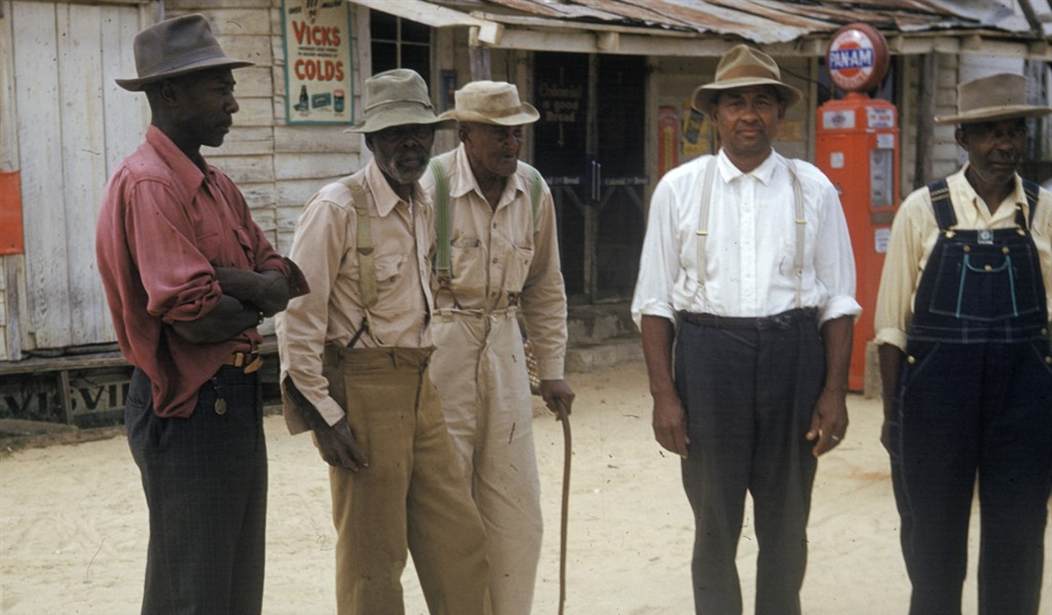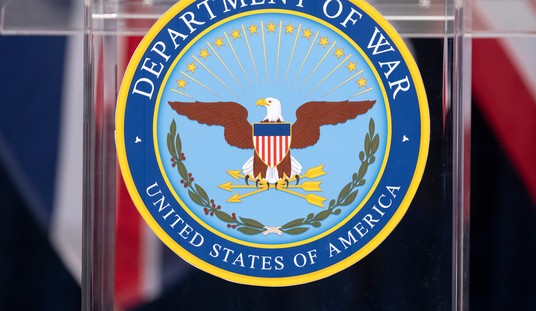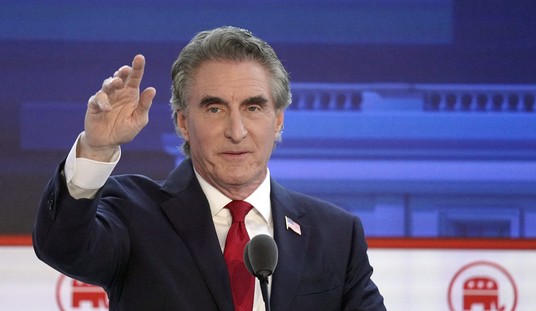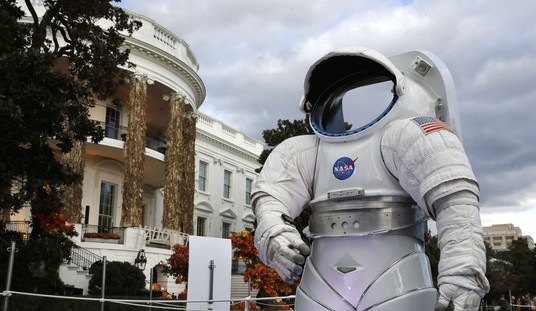Throughout the COVID pandemic, public health officials have focused on “equity” and getting their message out to minority communities, yet were seemingly baffled that people in those communities didn’t seem to trust their recommendations and advice. Sometimes that distrust was framed by academics and government officials as a failure or inability to understand science (because that’s not racist at all). There were performative acknowledgements that especially in the black community there were a lot of valid reasons to distrust both the government and public health officials specifically, including what the government did to black men in Tuskegee, Alabama.
It’s been 50 years since that terrible “study” ended – and it only ended after AP reporter Jean Heller exposed the CDC in a July 25, 1972 story. The CDC is marking the 50th anniversary of the end of the “Tuskegee syphilis study” on Wednesday – and here’s the stunning way CDC Director Rochelle Walensky describes what happened:
This year marks the 50th anniversary of the end of the Tuskegee syphilis study. Tomorrow, I will be joined by colleagues & #PublicHealth leaders as we honor the 623 African American men, their suffering & sacrifice, and our commitment to ethical research and practice. https://t.co/cbR8Shy0Db
— Rochelle Walensky, MD, MPH (@CDCDirector) November 29, 2022
Yes, that’s a real tweet, and we archived it. Folks, this is some first class, Grade A propaganda, and in reading it one can imagine how people who died alone of COVID in nursing homes or who were injured or killed by the COVID vaccine will be referenced in the future. They’ll be “honored” for the “suffering and sacrifice” they never asked to endure and weren’t given a chance to opt out of.
Again, here’s what she said, because it’s still unbelievable.
This year marks the 50th anniversary of the end of the Tuskegee syphilis study. Tomorrow, I will be joined by colleagues & #PublicHealth leaders as we honor the 623 African American men, their suffering & sacrifice, and our commitment to ethical research and practice.
Yes, let’s honor CDC’s “commitment to ethical research and practice,” a commitment they’ve completely botched at least over the last three years as they promoted nonsensical COVID prevention methods (including basing school masking recommendations on a bogus study co-authored by LA Public Health Director Barbara Ferrer’s daughter), recommended mandating a vaccine that has not undergone the types of rigorous studies other standard vaccines have, voted to include that same vaccine on the list of recommended pediatric vaccines, worked to withhold treatment from people suffering and dying from COVID, and systematically shut down dissenting scientific opinions.
It seems they’ve not learned anything in the 50 years since the Tuskegee “study” ended. But hey, they’re supposedly trying. Here’s the verbiage from the CDC tweet Walensky was quote-tweeting:
Join CDC on 11/30 at 1:00PM ET for an event marking the 50th anniversary of the end of the Tuskegee syphilis study . The event will include important conversations on crucial mission of addressing health equity.
Health equity can be addressed by not lying to people, and not glossing over history the way CDC’s website does.
For those who might need a refresher on exactly what happened:
In 1932 the United States Public Health Service commissioned a study on the effects of untreated syphilis. 600 poor black men from Alabama were selected to be a part of the study and were told that they were being reviewed for “bad blood.” From there, the Tuskegee Study took a turn for the worst.
Medical professionals were able to successfully diagnose two-thirds of the men in the study, and by 1940, a known treatment was available. But, instead of offering treatment, medical professionals opted to chart the course of the disease versus offer the known cure to the black men. In would take over 40 years before this study officially ended, and even longer before an official apology came from the United States government.
Yet, here’s how CDC’s page on the Tuskegee experiment explains the ending:
The U.S. Public Health Service (USPHS) Syphilis Study at Tuskegee was conducted between 1932 and 1972 to observe the natural history of untreated syphilis. As part of the study, researchers did not collect informed consent from participants and they did not offer treatment, even after it was widely available. The study ended in 1972 on the recommendation of an Ad Hoc Advisory Panel. After the study, sweeping changes to standard research practices were made. Efforts to promote the highest ethical standards in research are ongoing today.
If the CDC can’t even admit that they only ended the study because they were caught actively harming people without their consent, how can they be trusted at all?
According to the CDC website, the purpose for Wednesday’s event:
The intention is to create a space for authentic, accurate storytelling and discussion regarding current and future opportunities for public health leaders at CDC and beyond to move from trust to trustworthiness.
The program will examine what happened, how and why it happened, lessons learned, the palpable effects still felt today, and CDC’s on-going role in addressing health equity.
I don’t think I have the stomach to watch it.















Join the conversation as a VIP Member